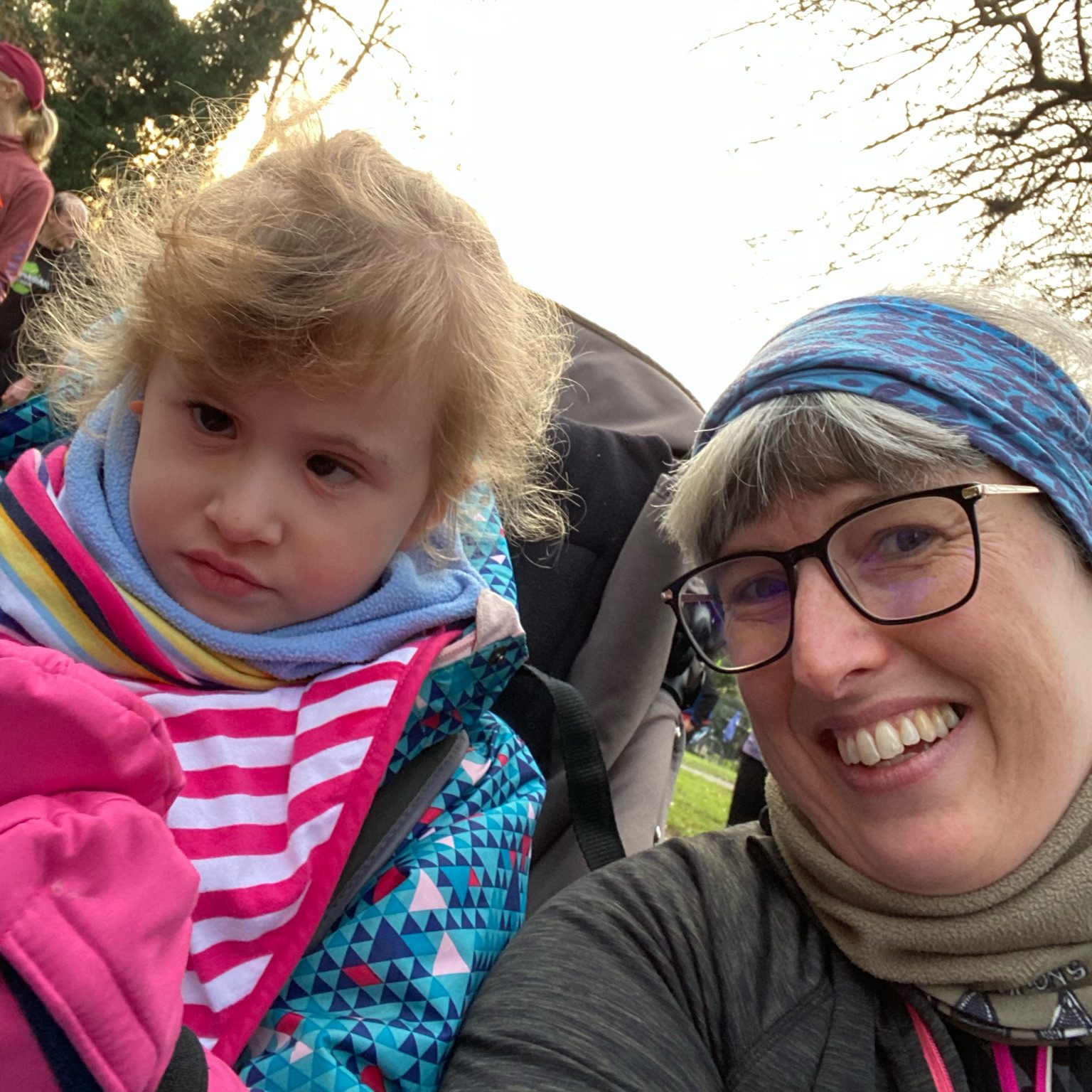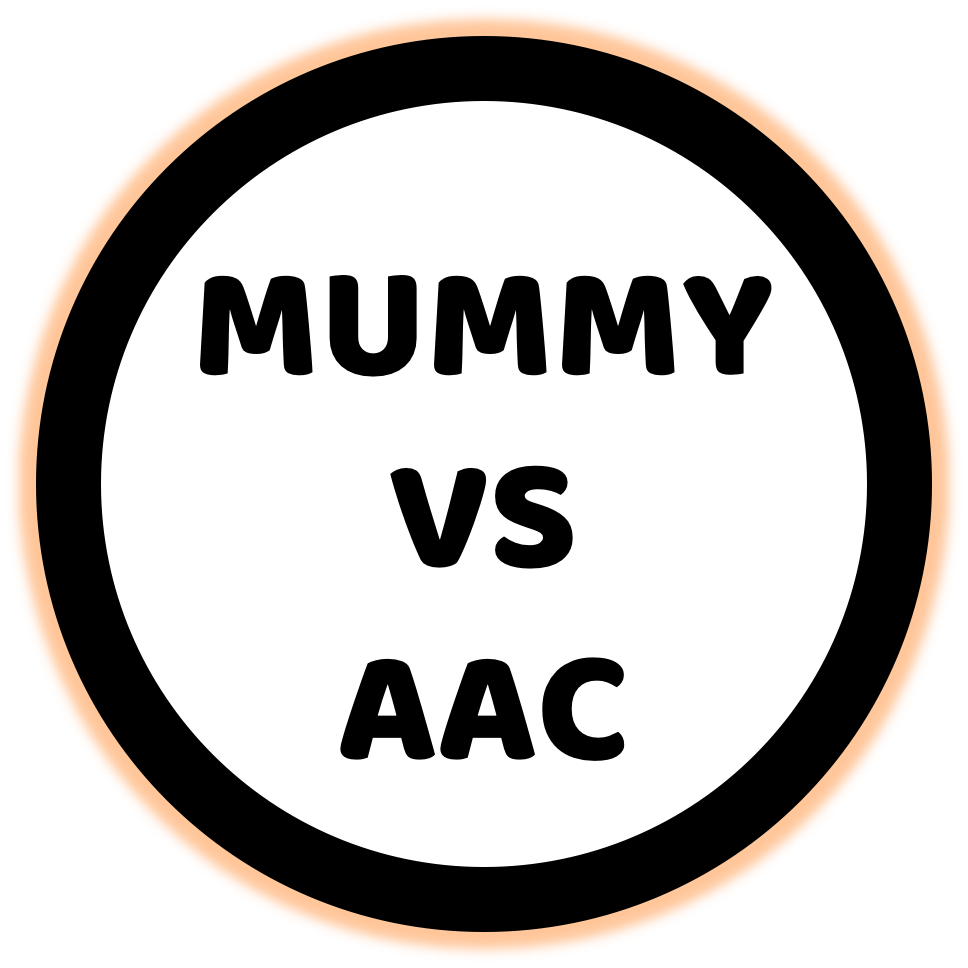
Joanna Holmes BSc (Hons), MSc, MRCSLT
Jo is a parent/ carer, blogger and has recently decided to step away from her professional life as a Speech and Language Therapist (SLT) to focus on being Mummy. She lives in the UK with her husband Drew and daughter Lucy who has Emanuel Syndrome.
She graduated in Speech and Language Therapy from the University of Central England in 2002. During her 19 years as an SLT Jo worked in special schools, general paediatrics, with bilingual families, with children and adults who stammer (stutter) and with adults with profound and multiple learning disabilities.
Despite leaving her professional role as an SLT she continues to be passionate about communication, AAC and person centered services.
Employment
2018-2021Speech and Language Therapist- The Hollybank Trust
Volunteer with Leeds Institute of Medical Education Patient and Carer Community 2015-Present
Volunteer Speech and Language Therapist- The Hollybank Trust 2016-2018
Highly Specialist Speech and Language Therapist- Happy Talkers Independent Practice (Self Employed) — 2015-2017
IDEALS and Campus to Clinic Group Facilitator. Leeds Institute of Medical Education – Sept 2015-December 2016
Highly specialist Speech and Language Therapist. The Stammering Support Centre. Leeds Community Healthcare. November 2011- June 2015 (left due to redundancy).
Generalist/ Specialist/ Highly Specialist Speech and Language Therapist. Bradford District Care Trust. January 2005- October 2011
Generalist Speech and Language Therapist. Rochdale Primary Care Trust. August 2002- December 2004.
Education
MSc Advanced Practice. University of Bradford 2014.
BSc (Hons) Speech and Language Therapy. University of Central England, 2002.
Professional Development Courses
Numerous courses covering a topics including Cognitive Behavioural Therapy (as part of MSc pathway), numerous courses about stammering, delivery of clinical education and clinical supervision and a range of clinical topics. Most recently compete post basic dysphagia qualification in 2021.
Papers, Presentations and Podcasts
Talking with Tech Podcast Episode 247: Joanna Holmes (Part 2) 9th Nov 2022: The Benefits of Open AAC https://www.talkingwithtech.org/episodes/joanna-holmes-2
Talking with Tech Podcast Episode 246: Joanna Holmes (Part 1) 2nd Nov 2022: Finding the Right AAC Access Method for Your Child https://www.talkingwithtech.org/episodes/joanna-holmes-1
Holmes, J. (2022) Taking on AAC: What I’ve learned as a parent and (recovering SLT). Presentation at the Communication Matters Conference October 2022 Leeds.
Hannah Foley, Sarah Gregory, & Joanna Holmes, ‘Home Grown – Planting Seeds for AAC Growth’, pre-conference presentation for AAC in the cloud June 2022. Available online at the AAC in the cloud website
Podcast guest on ‘My Complex Parenting Podcast’ with Rachel E. Martens January 2022. Available at https://mycomplexparentingpodcast.podbean.com/e/mummy-vs-aac/
Mummy vs AAC Kidz to Adult Magazine issue 15/ December 2021. Available at https://www.kidzexhibitions.co.uk/magazine/
Holmes, J. (2021) Lessons about life and AAC as a parent and SLT. Communication Matters Journal. 35 (3).
Holmes, J. (2016) Thinking through CBT and ACT: Theories and Philosophies, Language and Ethics. Presentation to the National Clinical Excellence Network in Dysfluency. York 5th October 2016.
Holmes, J. and Welby, J. (2014) A qualitative evaluation of participants experience of stammering awareness training’ Oral Presentation Oxford Dysfluency Conference, 17-20 July 2014, St Catherine’s College, Oxford, UK
Gibson, L. Bull, C and Holmes, J. (2014) An evaluation of a mentor experience for adolescents who stammer in group therapy. Poster presentation. Oxford Dysfluency Conference, 17-20 July 2014, St Catherine’s College, Oxford, UK
(Under maiden name Kitchen) Bull, C. Stewart, T and Kitchen, J. (2013) Exploring the Frustration of Situational Variability using Visual Methodology With an Adult Who Stammers. Perspectives on Fluency and Fluency Disorders. 23 (2) pp. 79-91
